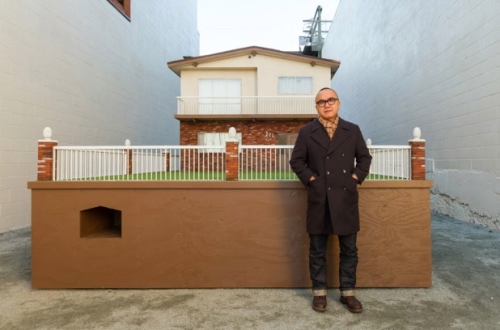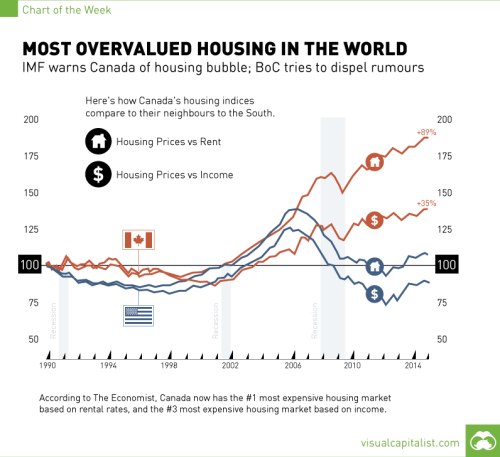A man who appeared to be homeless offered to sell me a tiny house – actually a new art installation by Ken Lum, which I was looking at – for “a good price:” less than $1-million (which would be a good price, considering the tiny plot of land, on the edge of Vancouver’s Chinatown, is alone assessed at more than $1.7-million).
The exchange exemplified two of the city’s great crises: homelessness and its obscene real estate prices. Lum’s installation, Vancouver Especially, speaks very much to the latter. The work, with its faux brick and stucco, replicates the mass-produced, no-frills house known as a Vancouver Special, scaled to its 1973 property value ($45,000 – Lum’s production budget), then enlarged eightfold, because the installation would have been too small otherwise.
There’s a house-shaped cut-out in the base at the front that Lum says represents what $45,000 would buy today. Growing up in East Vancouver, Lum watched Vancouver Specials popping up everywhere. Built with working class and immigrant families in mind, what they lack in architectural significance they make up for in square footage – and are now out of reach for the common home buyer.
Beyond the obvious economic commentary, the work, at 271 Union St., addresses the transformation in this specific neighbourhood. “I find it shocking that Chinatown may lose its special, ethnic character,” says Lum, who now lives in Philadelphia.
– excerpted in total from ‘Ken Lum’s new art installation tackles Vancouver’s real estate crisis’, Marsha Lederman, The Globe and Mail, 2 Mar 2015
– images from metronews.ca, G&M, Vancouver Sun
Art as a beacon of sanity in insane times.
Very well done, Ken Lum.
– vreaa




































